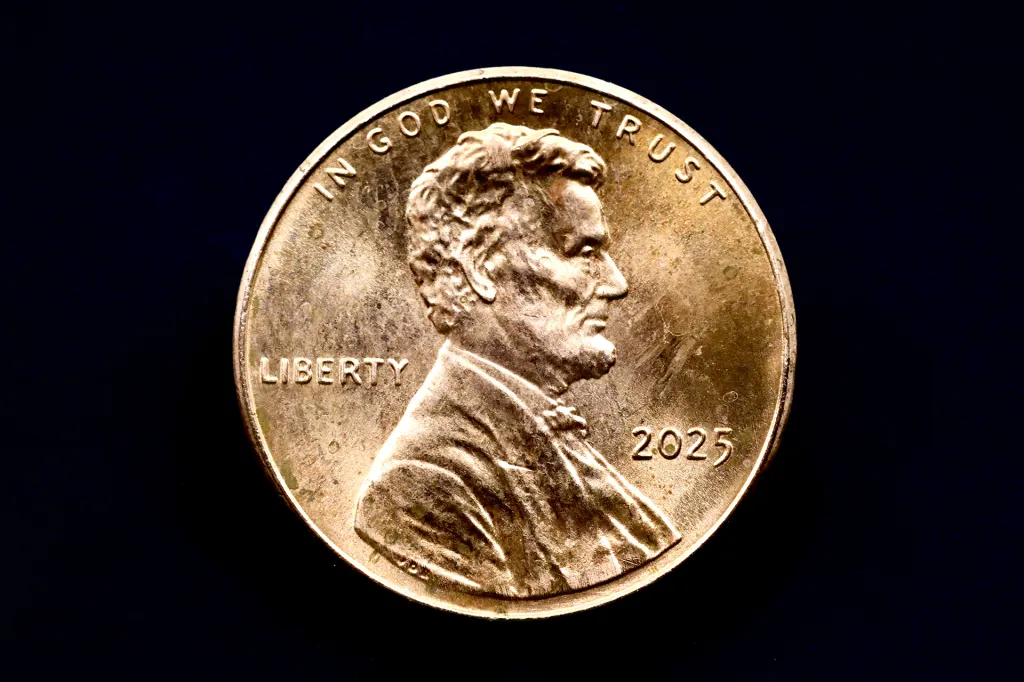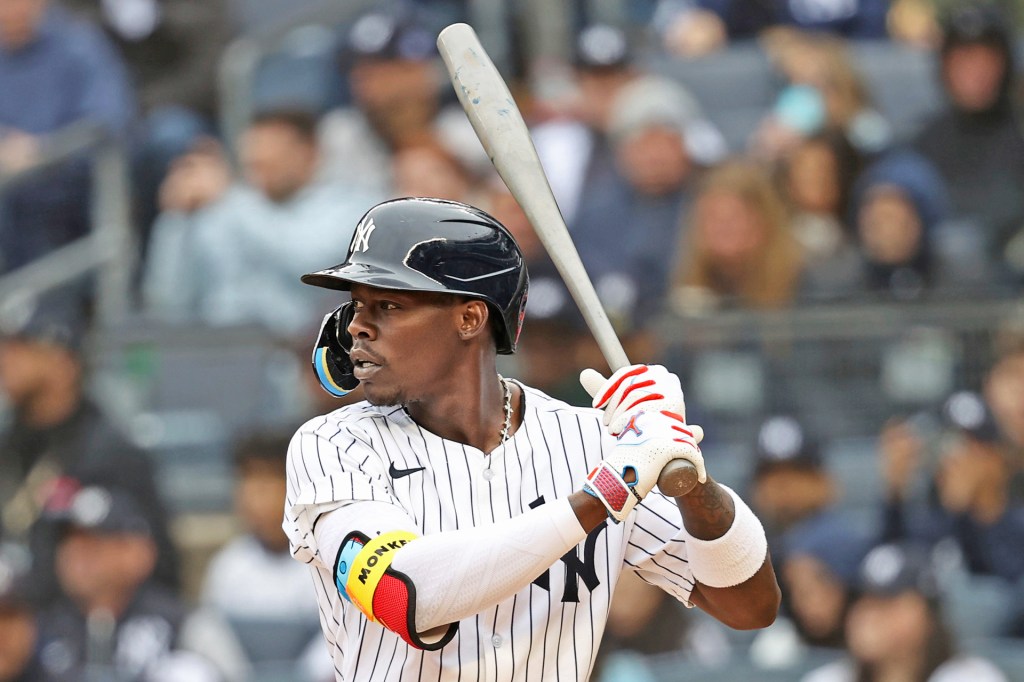Remembering the March
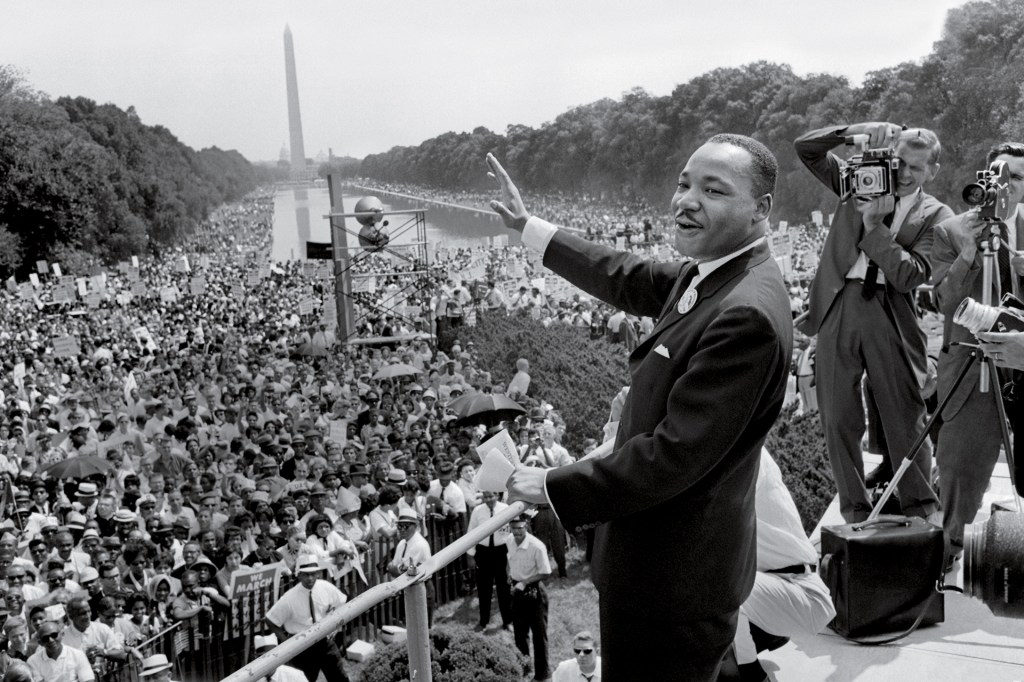
On August 28, 1963, people poured into Washington, D.C. They came for a special event. It was called the March on Washington for Jobs and Freedom. It drew about 250,000 people. They wanted the United States government to pass new laws. These laws would give equal rights to all Americans.
That day, Martin Luther King Jr. gave a big speech. It became known as his “I Have a Dream” speech. It’s one of the most important speeches in U.S. history. “I have a dream that my four little children will one day live in a nation where they will not be judged by the color of their skin but by the content of their character
character
 ARIEL SKELLEY—GETTY IMAGES
the way someone thinks, feels, and behaves
(noun)
Cheating on the test was not in keeping with her character.
,” King said. His voice soared over the crowd. King spoke for 18 minutes.
ARIEL SKELLEY—GETTY IMAGES
the way someone thinks, feels, and behaves
(noun)
Cheating on the test was not in keeping with her character.
,” King said. His voice soared over the crowd. King spoke for 18 minutes.

Martin Luther King Jr. gives his “I Have a Dream” speech at the March on Washington in 1963.
BETTMANN/GETTY IMAGESThe March on Washington showed Americans the power of peaceful protest
protest
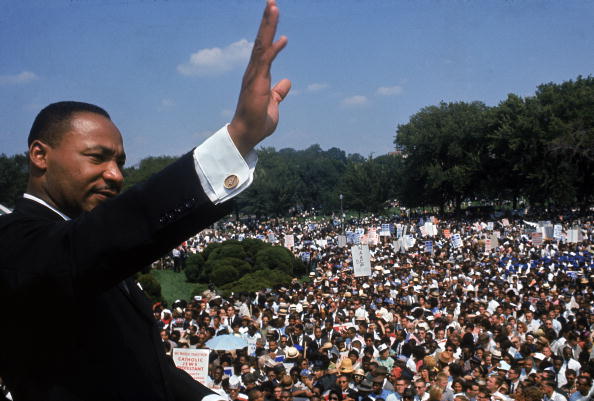 FRANCIS MILLER/CONTRIBUTOR—GETTY IMAGES
a statement or action that expresses disagreement with something
(noun)
The March on Washington was a historic protest in Washington, DC.
. It also brought about change. The next year, President Lyndon B. Johnson signed a bill into law. It banned discrimination
discrimination
FRANCIS MILLER/CONTRIBUTOR—GETTY IMAGES
a statement or action that expresses disagreement with something
(noun)
The March on Washington was a historic protest in Washington, DC.
. It also brought about change. The next year, President Lyndon B. Johnson signed a bill into law. It banned discrimination
discrimination
 ARIEL SKELLEY—GETTY IMAGES
treating one group differently from another
(noun)
Discrimination on the basis of race or gender is illegal in the workplace.
.
ARIEL SKELLEY—GETTY IMAGES
treating one group differently from another
(noun)
Discrimination on the basis of race or gender is illegal in the workplace.
.
The Life of a Leader
King was born in Atlanta, Georgia, in 1929. He became a minister. In Montgomery, Alabama, he preached about equality for all. But in the 1950s, Black people and white people were often separated. They went to different schools. They ate at different restaurants. Many Americans did not want it this way.
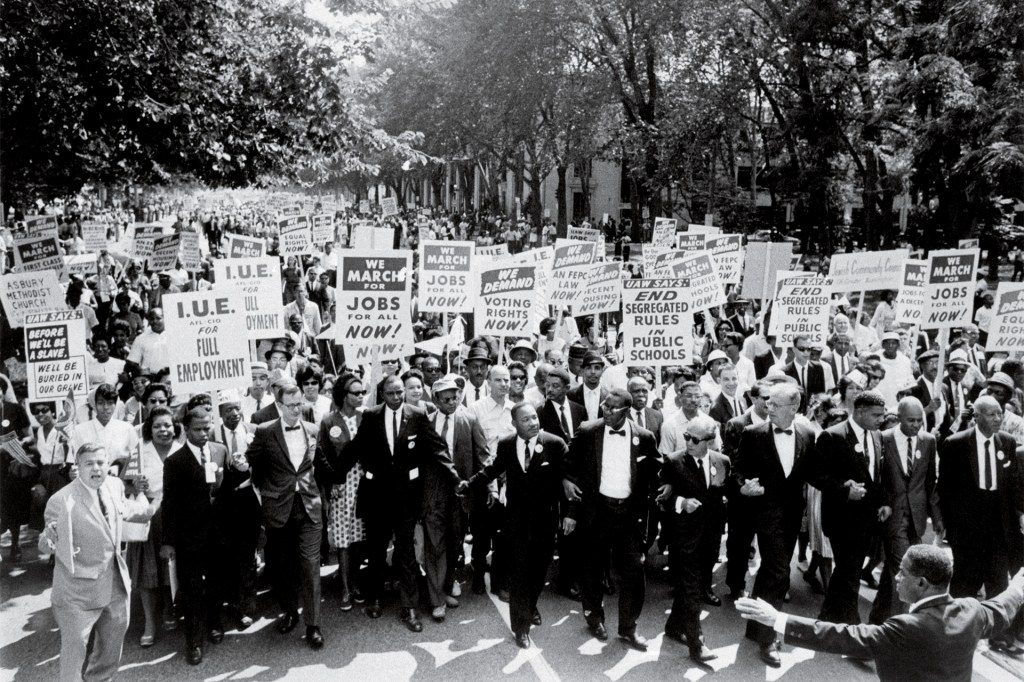
In 1955, Claudette Colvin protested in Montgomery. She refused to give up her bus seat to a white person. Rosa Parks did the same thing. Both were arrested. But these brave people moved the country forward.
King also risked his safety for change. In 1963, he was arrested at a march in Birmingham, Alabama. This only made him work harder. He joined other civil rights
civil rights
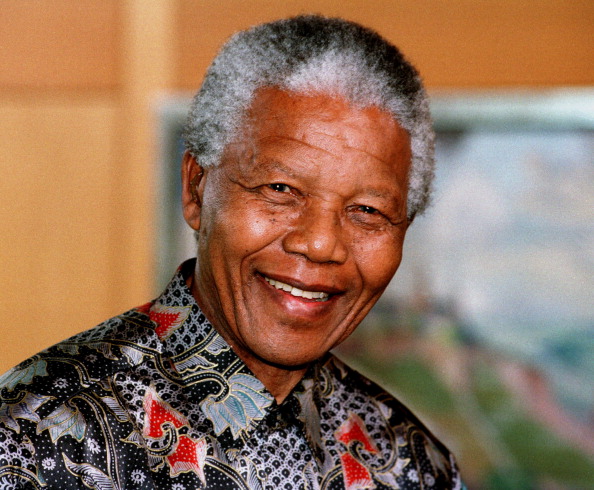 THOMAS IMO/PHOTOTHEK—GETTY IMAGES
rights that every person should have, no matter their gender, race, or religion
(noun)
Nelson Mandela fought for civil rights in South Africa.
leaders. They planned the March on Washington.
THOMAS IMO/PHOTOTHEK—GETTY IMAGES
rights that every person should have, no matter their gender, race, or religion
(noun)
Nelson Mandela fought for civil rights in South Africa.
leaders. They planned the March on Washington.
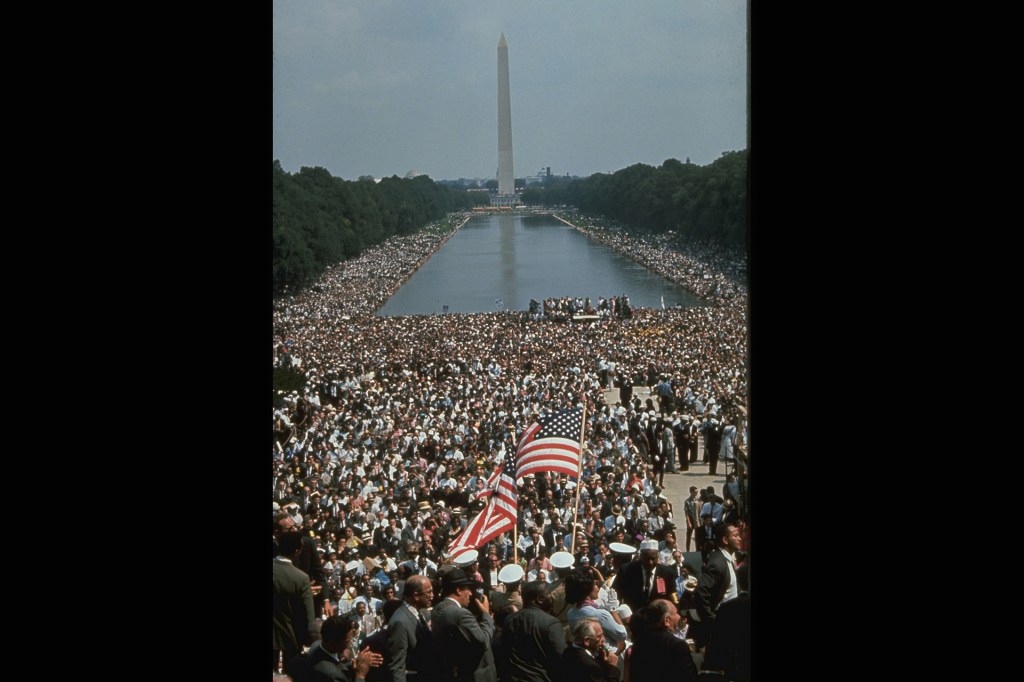
The 1963 March on Washington was one of the largest civil rights gatherings in U.S. history.
PAUL SCHUTZER—THE LIFE PICTURE COLLECTIONS/GETTY IMAGESToday, people are still fighting for equal rights. King’s words continue to inspire people around the world.





